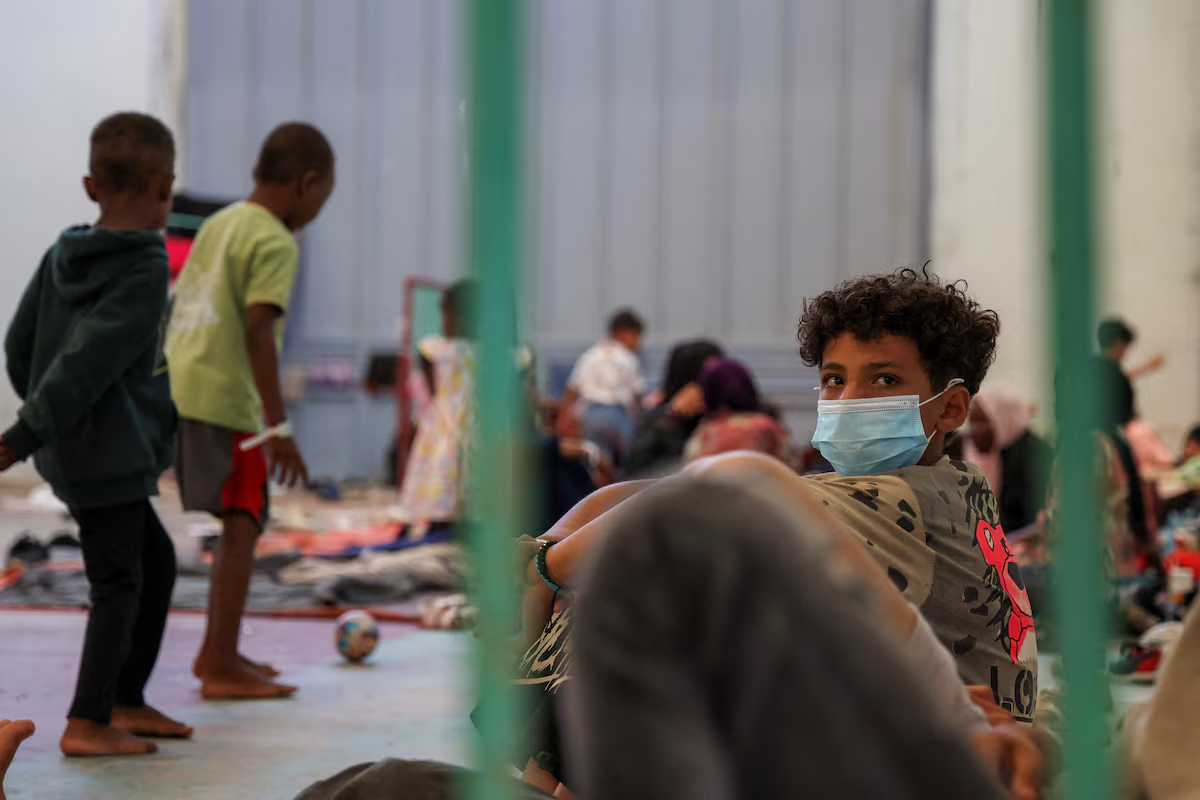
Greece’s parliament in Athens has approved a three‑month suspension of asylum applications from migrants arriving by sea from North Africa, citing a sharp surge in arrivals that overwhelmed reception facilities, particularly on Crete. The bill passed with 177 votes in favor and 74 against, and empowers authorities to fast-track repatriations without identification procedures—a move Prime Minister Kyriakos Mitsotakis defended as necessary to protect national security and stem irregular migration.
Migrants, mainly from Libya, Sudan, Egypt and Bangladesh, have reached Crete in record numbers—over 7,300 landings so far this year, far exceeding the 5,000 total recorded in all of 2024. Meanwhile, arrivals to Greece as a whole dropped by 5.5% in the first half of 2025, according to UN data.
Staffed reception centres on Crete buckled under pressure, prompting the government to transfer more than 500 migrants to Lavrio near Athens—some with children—in the past week. Makeshift shelters, including an exhibition centre in Chania accommodating migrants in sweltering summer heat, have drawn criticism for their conditions.
The legislation also grants permission for interim detention centres on the islands and plans to build dedicated camps on Crete—moves that sparked concerns from the local tourism sector fearing damage to the island’s appeal. Deputy Governor George Tsapakos warned that central government support must rise to lift the “unbearable” burden on local authorities.
Rights advocates and opposition parties labeled the bill both illegal and inhumane, accusing Greece of violating its international obligations, including the right to seek asylum. The International Rescue Committee’s Martha Roussou declared: “Seeking refuge is a human right; preventing people from doing so is both illegal and inhumane.”
The United Nations High Commissioner for Refugees issued an urgent statement emphasizing that any border control must adhere to international and EU law. Similarly, Council of Europe Commissioner Michael O’Flaherty warned the policy could facilitate returns exposing migrants to torture or serious violations—contravening Greece’s commitments.
Greek authorities argued that legal pathways remain open, but emphasized that irregular arrivals via Libya—facilitated by traffickers—must be intercepted.
Migration Minister Thanos Plevris described the situation as an “invasion,” asserting up to 1,000 migrants arrived daily at Crete. Athens increased naval and coastguard patrols, even deploying frigates near Libyan waters, to intercept boats before they reached Greek territory.
This policy marks a significant intensification of the enforcement approach that has defined government migration strategy since 2019: reinforced turnout at land borders, expanded sea patrols and a controversial fence at Greece’s northern frontier. Critics say these measures amount to systematic “pushbacks,” which NGOs and EU agencies are investigating as potential human rights violations.
As internal politics collide with international scrutiny, Greece underscores its stance that it will not serve as a “gateway to Europe open to everyone.” Mitsotakis told German media that the policy sends a clear message to smugglers: “The journey is dangerous, the outcome uncertain, and the money paid is wasted.”
In a broader context, while EU-wide irregular crossings decline, North Africa–Greece sea routes continue to increase in use—reshaping migration patterns and exposing gaps in Europe’s border management.
With asylum suspended in practice for three months, human rights bodies are calling for urgent, legally sound alternatives.


